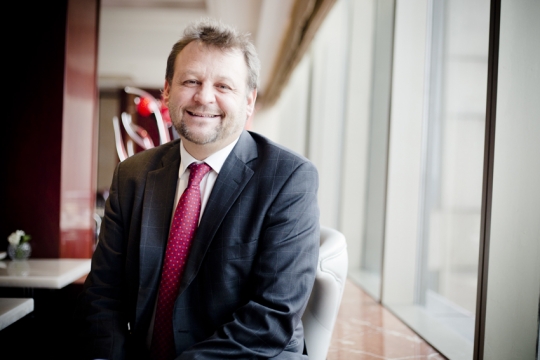The Environment for Development Initiative (EfD) has recently received the positive news of another five years of financial support from Sida, the Swedish International Development Cooperation Agency. With the continued support, EfD is planning on extending the network.
Currently EfD have nine established centers in Chile, China, Costa Rica, Ethiopia, Kenya, South Africa, Tanzania, Sweden and USA. The planned expansion will include new centers in India, Vietnam, Colombia and additional ones in Africa.
'I am very proud of the network and what we have achieved so far,' says EfD founder and director Gunnar Köhlin. 'I look forward to another exciting five years when we will do our best in meeting the needs for analysis and impact evaluations in pursuit of the Sustainable Development Goals and the implementation of the climate resilient strategies after COP21 in Paris. The extension of the network will enable even more South-South interaction which will be an essential ingredient in the design of more sustainable domestic policies.'
EfD is a capacity building program in environmental economics focusing on improved policies based on research and academic capacity. The program's ultimate goal is to support poverty alleviation and sustainable development by increasing the use of environmental economics in policy making processes. EfD was established in 2007 by the Environmental Economics Unit and builds on the successful PhD program in Environmental Economics at the Department of Economics, University of Gothenburg, that has now graduated 35 PhDs since 1998.
So far, EfD researchers have produced well over 300 international peer reviewed journal articles, 230 discussion papers, some 75 book chapters, and half a dozen books in the EfD book series.
The support to EfD from Sida amounts to SEK 133 million for the period 2016-2020.
